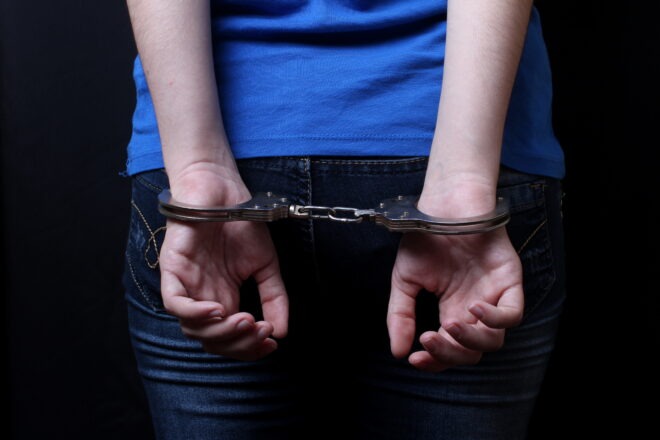

Call Attorney Marni Jo Snyder 24 Hours / 7 Days:
215.515.3360
One of the biggest fears you may have as a parent is that you will receive a phone call informing you that police are arresting your child on misdemeanor or felony charges. If this happens, you can tell the police that they do not have your consent to interview your child and you can obtain legal representation.
Your child has rights. However, they may not understand them or exercise them. An attorney from our firm can protect these rights and defend your child against the charges they’re facing. We can walk you and your child through every step of the juvenile justice system.
It’s not a phone call that any parent wants to receive. All of a sudden you fear for your child’s safety. You worry about how the police are treating your child. Your mind races. You can’t get the image of police restraining your frightened child out of your head. All you want is for someone to tell you what to do because you can’t think straight.
This is normal and understandable. Parents instinctively want the best for their children and want to protect them. In this situation, you can take several practical steps to protect your child:
It may seem like a lot to ask, but you are your child’s best advocate. Taking immediate action to protect their rights is the most important thing you can do for them. After that, you can let your child’s attorney do the heavy lifting. Our law firm has experience defending juveniles.
For a free legal consultation, call 215.515.3360
You already know that the police will try to question your child. What you may not know is that juveniles between the ages of 10-18 receive a different kind of treatment under the law than adult offenders. Even the language used is very different.
The first difference is that offenses are not crimes, but delinquent acts. Most hearings are private and there is no jury. And rather than being “found guilty,” a juvenile is “adjudicated (or “deemed”) delinquent.”
Of course, there are a few stages of the juvenile justice system that your child may have to navigate, including:
A defense attorney from our firm can guide you through this process and help you and your child prepare for every step. It’s entirely possible that the judge could dismiss your child’s case, and we can fight for that outcome.
Even if it’s not your child’s first offense, you may be able e to expunge your child’s record if they can successfully complete the period of supervision and can stay out of trouble for a period of time.
Your child’s record would then be a clean slate. Sometimes prosecutors can agree to a future expungement at the time of the adjudicatory hearing. We can work with the prosecutor to reach an agreement that both sides can accept if that’s what you and your child want.
It’s a terrifying experience for any parent, but if your child is arrested, they’ll need your support more than ever. This means making sure their rights are protected. Obtaining legal representation can provide your child with an advocate to protect their rights and help them understand the juvenile justice system and what they can expect.
To learn more about what to do if your child is arrested, or to schedule a consultation, please don’t hesitate to contact us today. A defense lawyer from the Law Offices of M.J. Snyder, LLC can be a powerful ally for both you and your child.
Call 24/7: 215.515.3360
Email: info@snyderlawyer.com
Fax: 215-376-6981
This website is for general informational purposes only. The act of sending an e-mail to the Firm or any attorney at the Firm, or submitting a form response or other materials through the website, will not create an attorney-client relationship. The only way to create an attorney-client relationship with the Firm is through a written agreement.Read More